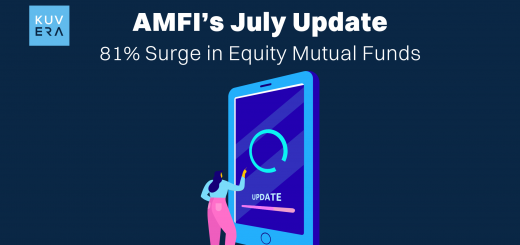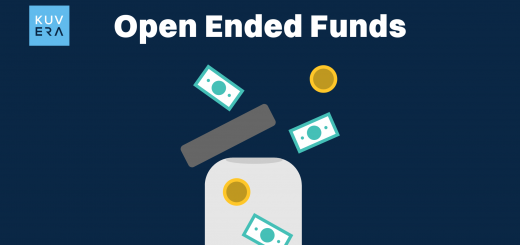When it comes to investing in another country, two popular options often come up: FPI vs FDI. While they may sound similar, they are quite different. If you are considering venturing into international investments, understanding the concepts behind them and how they differ from each other is quite essential.
Understanding FPI and FDI
Before diving into the differences, let us break down what FPI and FDI are.
What is Foreign Portfolio Investment (FPI)?
Foreign Portfolio Investment (FPI) involves investing in financial assets like stocks, bonds or mutual funds in a foreign country. Investors in FPI typically do not seek control over the companies in which they invest; instead, they aim for short-to-medium-term financial returns. Think of FPI as purchasing shares in a foreign company without wanting to influence how that company is run.
Start investing in Index Funds.
Things to Remember about FPI
1. Short-Term Focus: Most FPI investors often enter and exit the market quickly.
2. No Control: FPI investors do not have a say in the company’s management.
3. Liquidity: FPI assets can be bought and sold relatively easily.
4. Volatility: FPI is more sensitive to market fluctuations and economic changes.
What is Foreign Direct Investment (FDI)?
Foreign Direct Investment (FDI) is when an individual or company invests directly in a business or establishes business operations in a foreign country. This could involve building new facilities, acquiring a significant stake in an existing business or establishing a joint venture. FDI is all about long-term investment and gaining control or influence over the foreign business that you have invested in.
Things to Remember about FDI
1. Long-Term Commitment: Foreign direct investment involves a prolonged presence in the foreign market.
2. Control and Influence: FPI investors typically gain significant control over the business operations.
3. Economic Impact: FDI often contributes to job creation, technology transfer and economic growth in the country’s business they invest in.
4. Higher Risk: Due to its long-term nature, FDI comes with greater exposure to the economic and political conditions of the country where they invest.
FPI vs FDI
Now that you know about what FPI and FDI are, let’s pinpoint what its key differences are.
| Aspect | Foreign Portfolio Investment (FPI) | Foreign Direct Investment (FDI) |
|---|---|---|
| Nature of Investment | Indirect investment in financial assets | Direct investment in business operations |
| Investment Period | Short to medium term | Long term |
| Control | No control over management | Significant control over management |
| Risk Level | Lower, more liquid | Higher, long-term exposure |
| Economic Impact | Limited impact, mostly on financial markets | Significant impact on economy, job creation |
| Ease of Entry/Exit | Easy to enter and exit | Difficult to enter and exit |
Wrapping Up
If you are looking for short-term gains with no influence over the business of the company, FPI might be the way to go. However, if you are aiming for long-term control over the company and are willing to take on more risk, FDI could be more suitable. Each investment type plays a different role in the global economy, starting from influencing stock markets to earning without any control over its business. The list of opportunities is endless.
FAQs
What is the key difference between FPI and FDI?
The key difference lies in control and duration. FDI involves long-term investment and control over a business, while FPI is a short-term investment with no control over the business.
Which is riskier, FPI or FDI?
FDI is generally riskier due to its long-term nature and exposure to economic and political conditions, while FPI is more liquid and less risky.
Is FPI better for beginners in investing?
FPI is better for beginners due to its lower risk. It allows for easier entry and exit from investments.
What are the types of FDI?
FDI can be categorised into horizontal, vertical and conglomerate investments, depending on the business activities involved.
What risk is involved in FPI?
Foreign Portfolio Investment has risk because it is influenced by market trends, currency fluctuations between different countries.
Interested in how we think about the markets?
Read more: Zen And The Art Of Investing
Watch here: Investing In Passive Funds
Start investing through a platform that brings goal planning and investing to your fingertips. Visit kuvera.in to discover Direct Plans of Mutual Funds and Fixed Deposits and start investing today.
AREVUK Advisory Services Pvt Ltd | SEBI Registration No. INA200005166
DISCLAIMER: Mutual Fund investments are subject to market risks. Read all scheme related documents carefully. Registration granted by SEBI, membership of BASL (in case of IAs) and certification from NISM in no way guarantee performance of the intermediary or provide any assurance of returns to investors. Investments in securities market are subject to market risks. Read all the related documents carefully before investing. The securities quoted are for illustration only and are not recommendatory.












